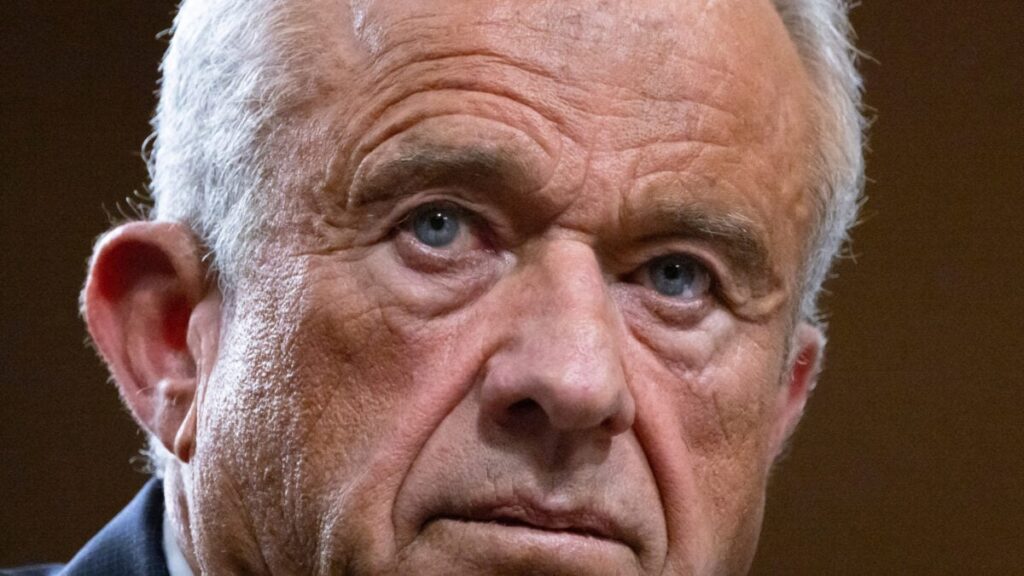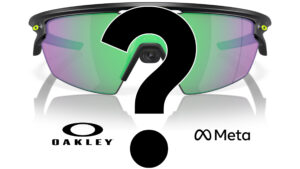
The road to “make America healthy again” could soon be paved with Apple Watches and Fitbits. Health and Human Services Secretary Robert F. Kennedy Jr. has unveiled a bold initiative aimed at encouraging the widespread adoption of wearable technology across the United States. The announcement was made Tuesday afternoon during a House Energy and Commerce Health Subcommittee meeting, where Kennedy discussed the HHS’s budget request for the upcoming fiscal year.
In response to a question from Representative Troy Balderson (R-Ohio) regarding the role of wearables in health management, Kennedy revealed that the HHS is preparing to launch one of its largest advertising campaigns to date, promoting the use of these devices. He expressed his vision for a future where every American is equipped with a wearable within the next four years, emphasizing, “It’s a key part of our mission to Make America Healthy Again,” as he stated in a social media post following the meeting.
The Potential and Challenges of Wearable Technology
Wearable technology has been hailed by some medical experts as a potential game-changer in personal health management. These devices could serve as early warning systems, alerting users to personalized health risks, including viral infections, before symptoms manifest. For individuals with chronic conditions, wearables like continuous glucose monitors (CGM) are already providing real-time health data, offering significant benefits.
However, the promise of wearables is not without its caveats. Much of their potential remains unproven by large-scale research. While CGM devices have demonstrated utility for individuals with diabetes, no conclusive studies have shown similar benefits for those without the condition. Additionally, some wearables fall short in accuracy when compared to gold-standard tests like electrocardiographs or even subjective self-assessments.
Expert Opinions and Industry Influence
The current nominee for U.S. Surgeon General, Casey Means, co-founder of a company specializing in health trackers, has been a vocal advocate for CGM technology. Means argues that CGM is “the most powerful technology for generating the data and awareness to rectify our Bad Energy crisis in the Western world.”
While the enthusiasm for wearables is palpable, privacy concerns loom large. Privacy advocates and labor rights groups warn that without adequate safeguards, employers might misuse health data collected from wearables. Additionally, data breaches could expose personal information to malicious actors, raising significant privacy and security concerns.
Historical Context and Skepticism
The initiative comes at a time when RFK Jr.’s leadership is under scrutiny. Known for his controversial views on health issues, particularly vaccines, Kennedy’s actions have raised eyebrows. Earlier this month, he dismissed all 17 members of an advisory panel on vaccine policy and replaced them with new appointees, some with questionable credentials regarding vaccine science. This week, the panel is set to revisit debunked claims from the anti-vaccination movement, such as the alleged dangers of thimerosal in flu vaccines.
The skepticism surrounding Kennedy’s wearable initiative is, therefore, understandable. While wearables themselves are not inherently problematic, the credibility of health recommendations from someone with a history of promoting misinformation is questionable.
Looking Ahead: The Future of Wearables in America
As the HHS prepares to roll out its campaign, the debate over the role of wearables in public health continues. Proponents argue that these devices could revolutionize health monitoring and prevention, while critics caution against potential privacy violations and the unproven efficacy of wearables for the general population.
Ultimately, the success of this initiative will depend on addressing these concerns and ensuring that the benefits of wearable technology are accessible to all Americans without compromising privacy or security. As the campaign unfolds, the nation will be watching closely to see how this ambitious vision for a healthier America takes shape.




